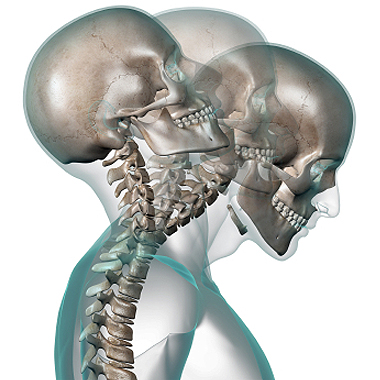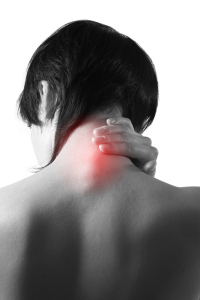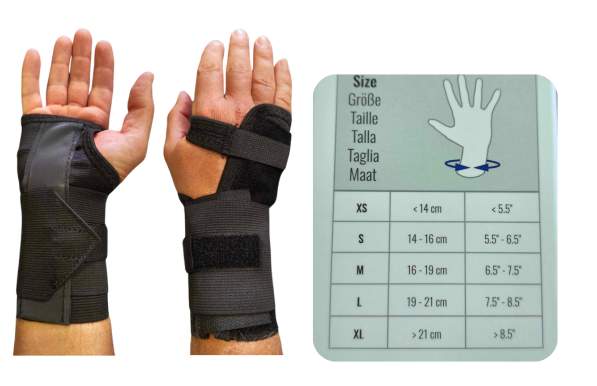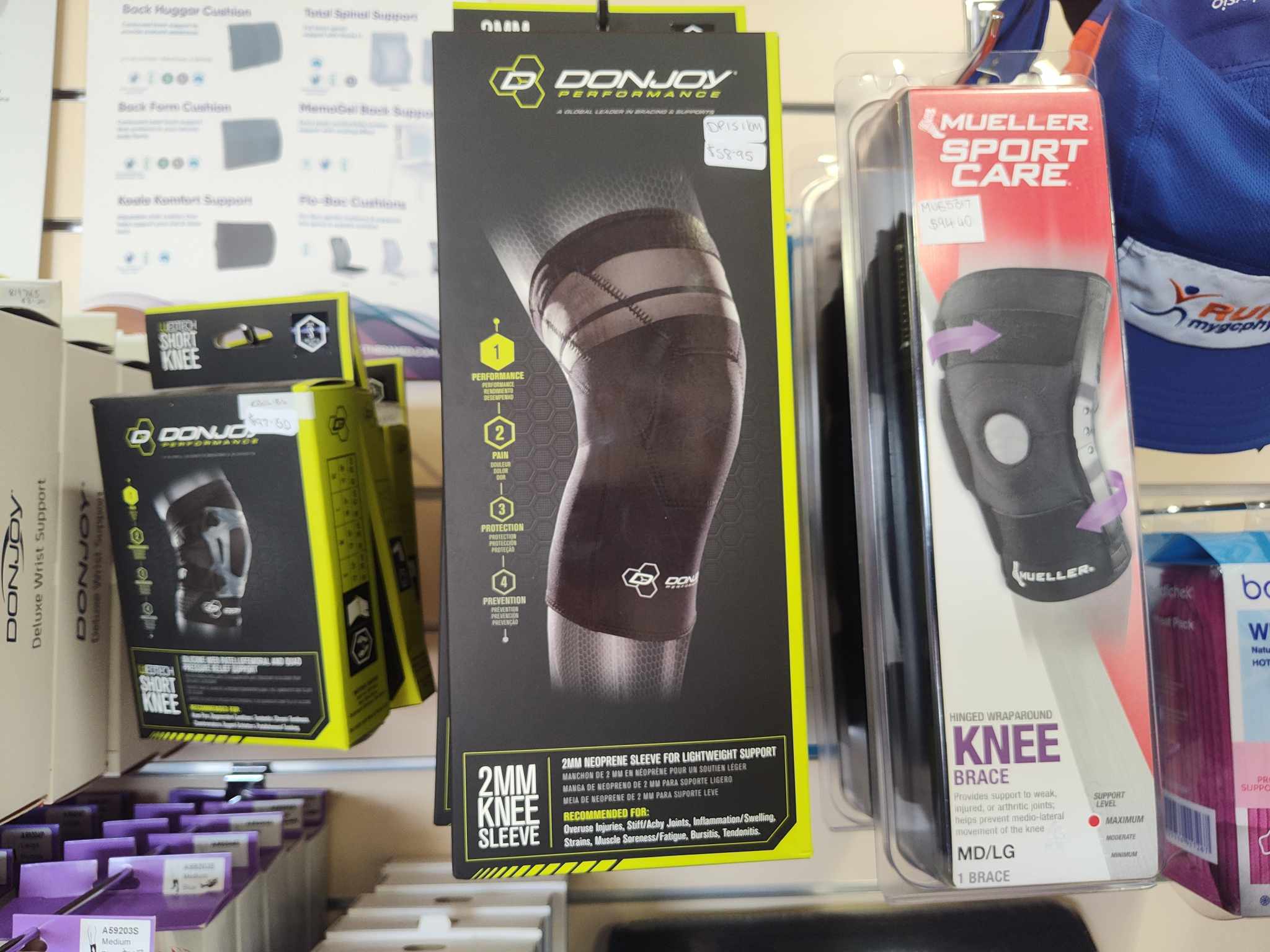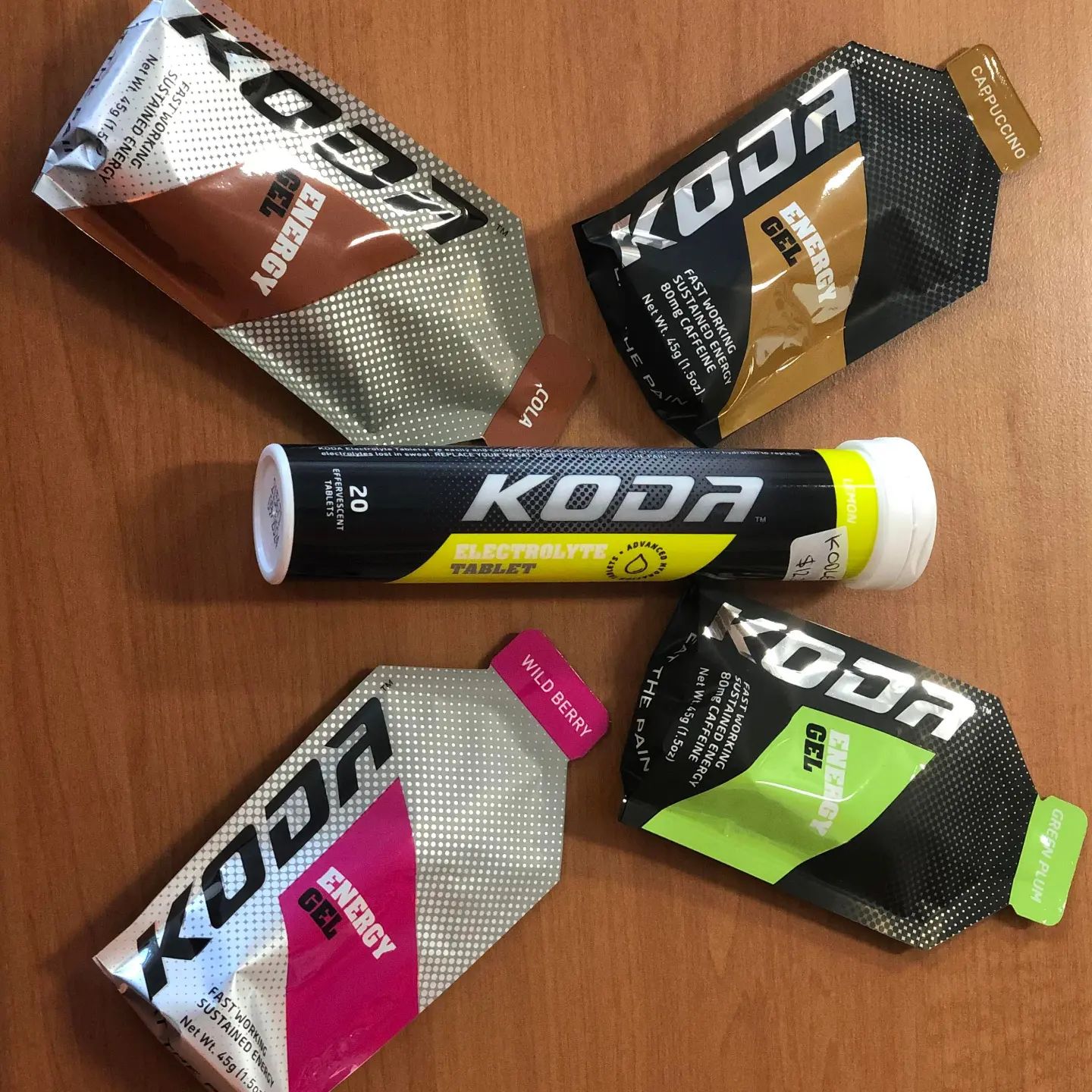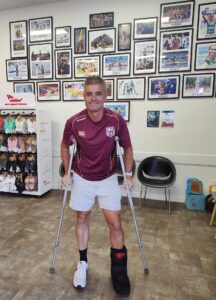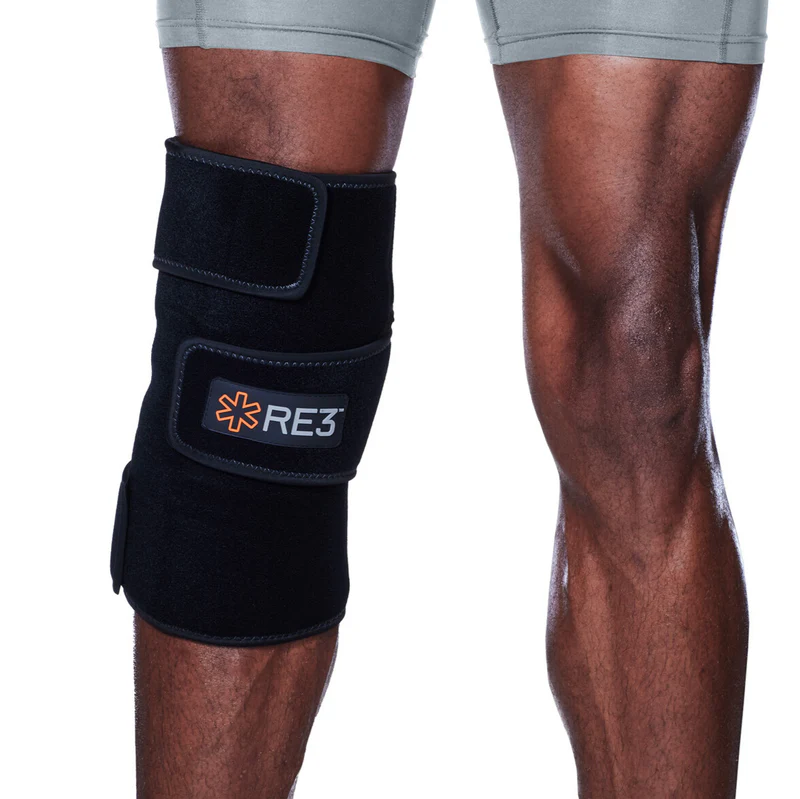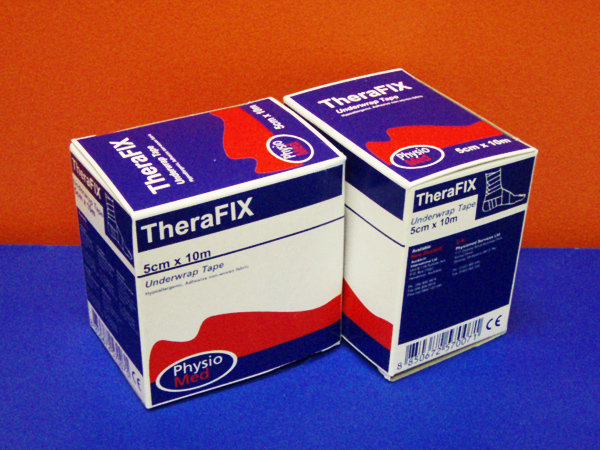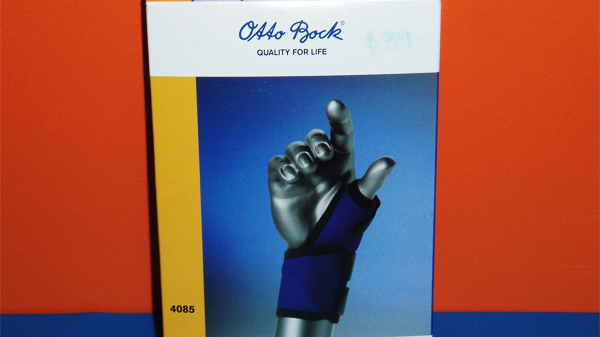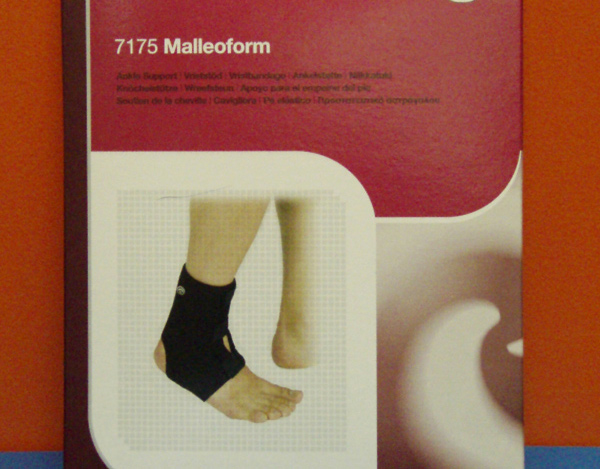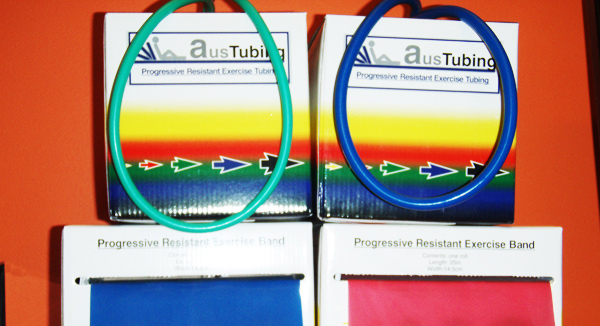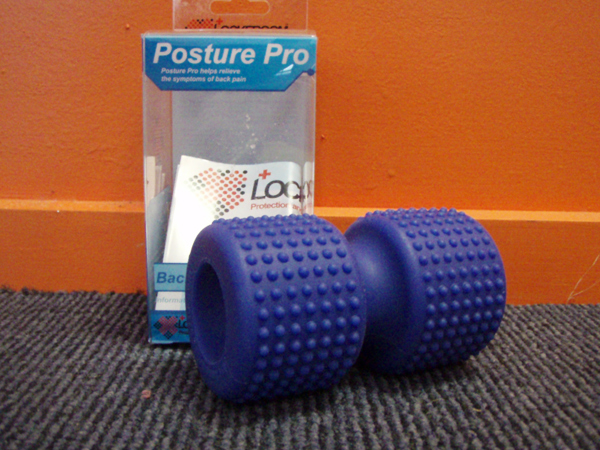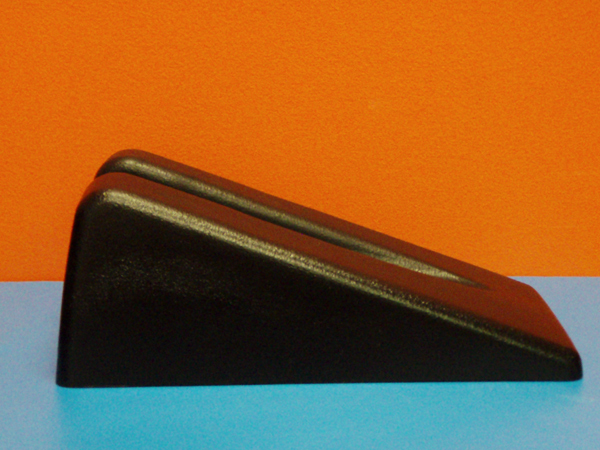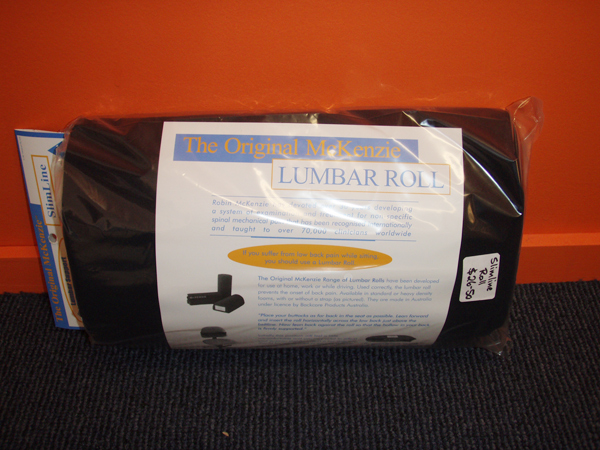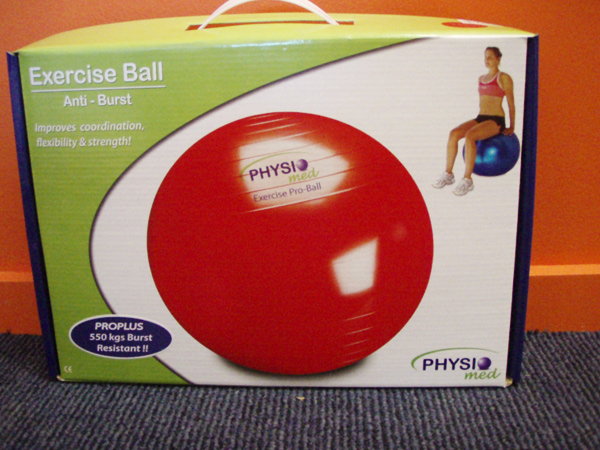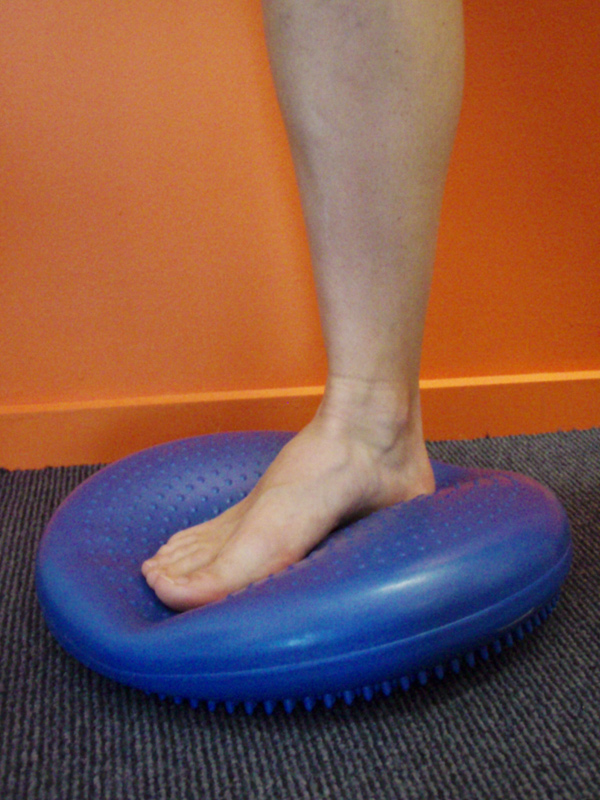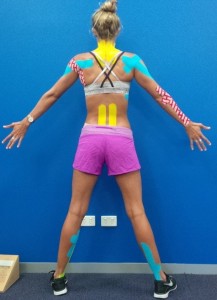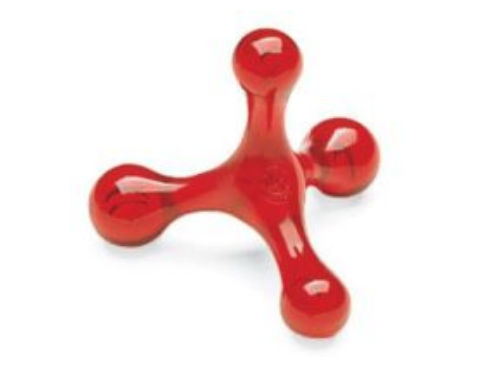Written by Gold Coast Physio & Sports Health Physio, Sarah Bombell B.Ex.Sc(Grif), M.Phty(Grif).
‘Whiplash-associated disorders’ or WAD is the term given to a variety of symptoms reported by people following an acceleration/deceleration injury to the neck, most commonly caused by a motor vehicle accident.
Common symptoms of WAD include:
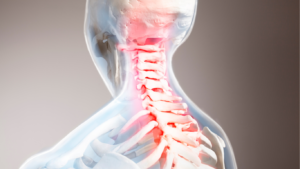 neck pain,
neck pain,- neck stiffness,
- dizziness (vertigo),
- pins and needles,
- numbness,
- arm pain
- and headache. The results of these symptoms are also often associated with disability, decreased quality of life, and psychological distress.
In the majority of cases, specific tissue damage cannot be identified, however it is likely that injury occurs to structures including cervical (neck) discs, ligaments, and nerve tissue to varying degrees in some patients.
Research indicates that approximately 50% of people who sustain a whiplash injury will continue to report ongoing pain and disability one year after the incident. Studies have also shown that the majority of improvements in symptoms will take place in the first 2 to 3 months following injury, therefore seeking appropriate treatment and advice soon after this type of accident is important.
The main factors that can have an effect on recovery include psychological symptoms such as post-traumatic stress, pain catastrophising and depressed mood. Low expectations of recovery have been shown to predict poorer outcomes. In other words, patients who become negative and do not expect to improve may not fully recover.
Interestingly, factors that have NOT been shown to have an effect on outcome include accident related features such as speed and severity, findings on imaging (Xray, MRI etc), and movement dysfunction following the incident.
Current clinical guidelines suggest that encouraging early return to usual activity and exercise is far superior for management than immobilization. There is strong evidence to suggest that restricting range of movement by use of a soft collar is INEFFECTIVE for management of acute WAD. Rather, early return to any type of exercise including range of movement, motor control, postural exercises, strengthening or any general activity will result in the best outcomes. Unfortunately there is no one type of activity or exercise program that will work for everyone, so it is important to work together with your physiotherapist in order to determine what type of activity will work best for you.
Physiotherapists may offer some advice regarding pain management, however it is important to have a chat to your GP about an appropriate pain management plan. Although some people don’t wish to take many medications, having a pain management plan will allow you to return to regular activity earlier which will give you the best chance of a full recovery.
It is important to be aware that both physical and psychological factors are present in acute and chronic WAD. There is evidence of a close relationship between these factors therefore management approaches should focus on treating the physical disability while seeking help of a councilor or psychologist to address any psychological factors.
Research has investigated psychological therapy for treatment of acute and chronic WAD. These psychological symptoms include pain catastrophising, pain-related fear, pain coping strategies and other symptoms related to the traumatic event itself (road traffic crash), such as post-traumatic stress symptoms or post-traumatic stress disorder. The results of these studies have shown that addressing psychological factors will not only decrease psychological symptoms of post-traumatic stress disorder, anxiety and depression, but also decrease the patients perception of pain-related disability.
So what does all of this research mean? In a nutshell, if you have experienced an event resulting in whiplash it is most important to remain positive, keep as active as you can and seek advice from a medical professional as soon as possible. Talk to your GP about an appropriate pain management plan for you. Visit a physiotherapist for treatment of physical impairments and an exercise program and advice on returning to regular activity. If you are having problems coping with the injury physically and mentally, then seeing a psychologist can be helpful not only for your mental state, but may also improve your perception of pain.
* Information from Physiotherapy management of whiplash-associated disorders (WAD) by Michele Sterling. Journal of Physiotherapy Volume 60, Issue 1, March 2014, Pages 5–12
All our experienced Physio’s can help you manage symptoms of Whiplash, for appointments please call 07 5500 6470 or Book Online
